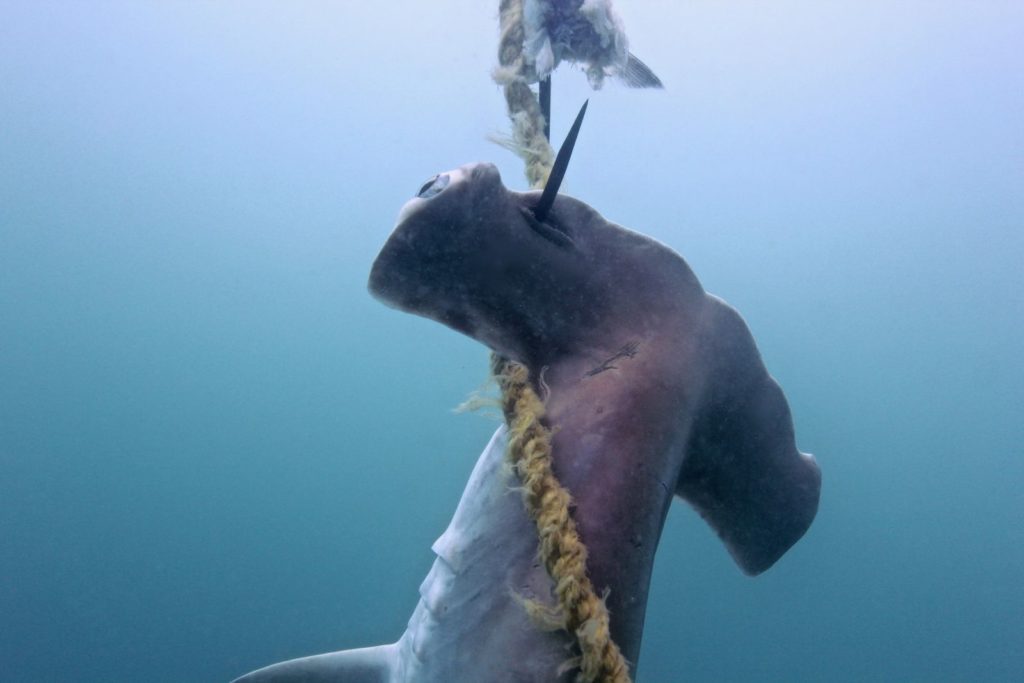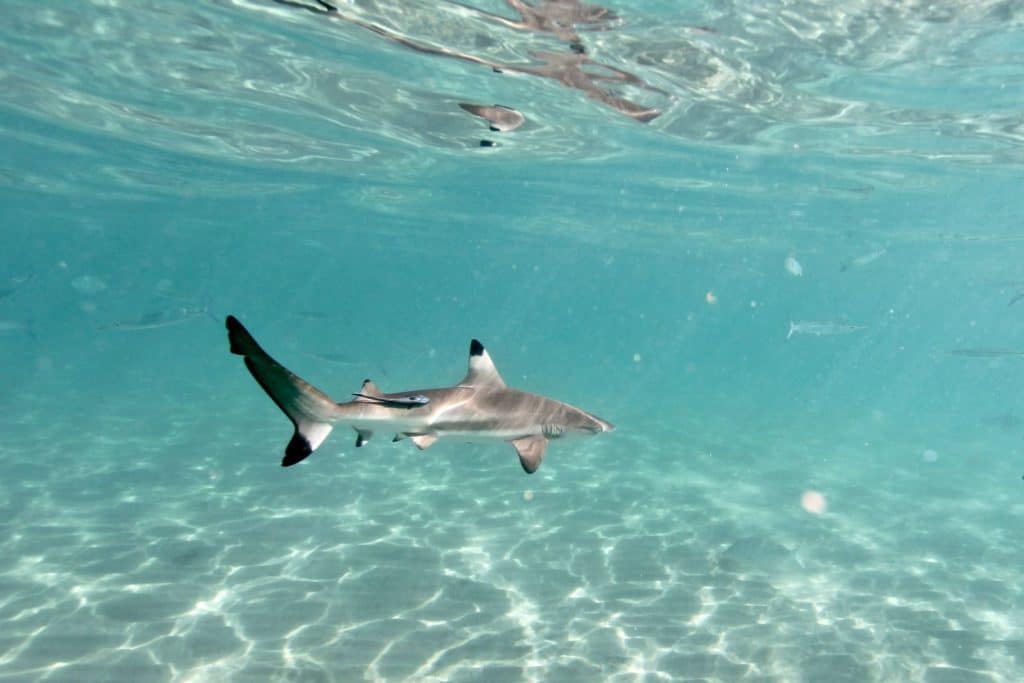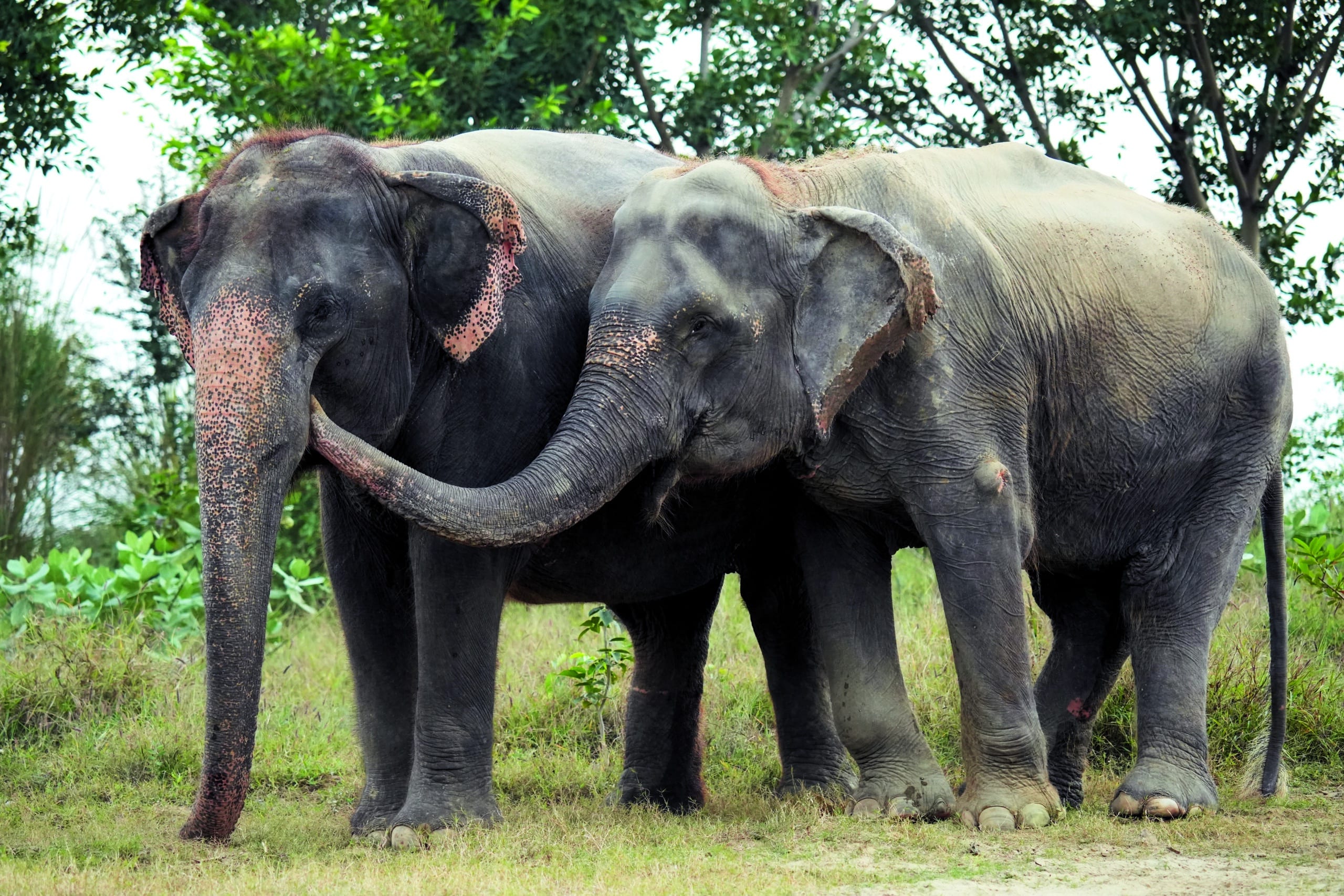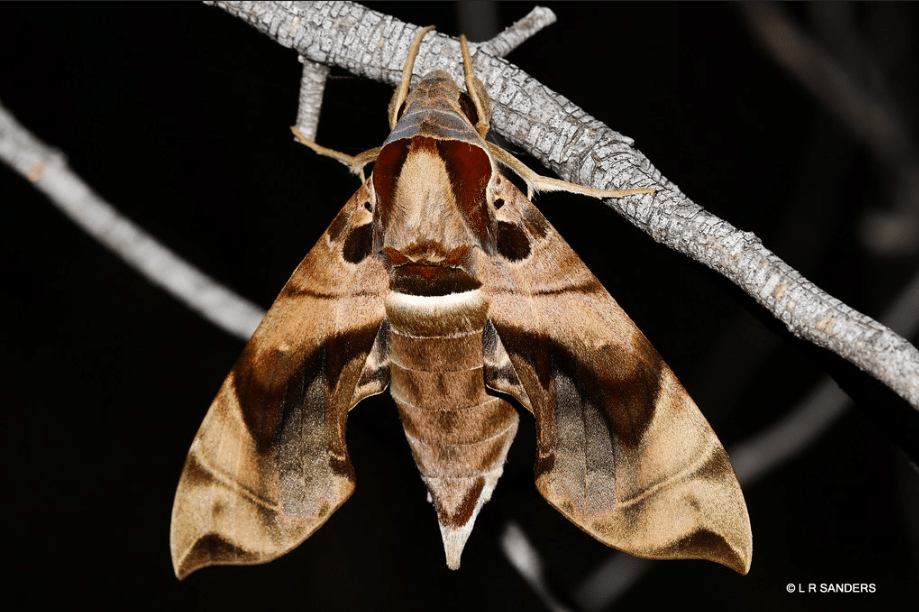You might remember Kalpana—I am happy to report that this year she celebrates her fifth rescue anniversary at Wildlife SOS. Formerly exploited and abused as a ‘begging’ elephant in Uttar Pradesh, Kalpana was rescued in 2019 and brought to the Wildlife SOS Elephant Hospital Campus (EHC) in Mathura for comprehensive...
After 18 months of preparation, the Administrative Appeals Tribunal is set to hear Humane Society International (HSI) v Great Barrier Reef Marine Park Authority (GBRMPA) and the Department of Agriculture and Fisheries (Qld – QDAF) beginning the morning of Wednesday January 30th. HSI is challenging the GBRMPA’s grant of a ten-year permit allowing QDAF to operate lethal drumlines as a part of its Shark Control Program (SCP) within the boundaries of the Great Barrier Reef Marine Park.
The permit in question allows QDAF to operate 173 drumlines throughout the Great Barrier Reef to deliberately hook and kill sharks. Nineteen species of shark are on the hit list and, if these animals manage to survive hooking, the permit authorises them to be shot. A number of the 19 species are not considered dangerous and other animals such as rays, turtles and even dolphins are also caught and killed. The permit also allows for hooked wildlife to suffer on drumlines for two days in between servicing from a contractor – potentially longer in inclement weather.
We at HSI believe that the granting of this permit was in direct violation of the tenants upon which GBRMPA was founded; specifically “to provide for the long term protection and conservation of the environment, biodiversity and heritage values of the Great Barrier Reef Region.” Allowing the targeted destruction of apex predators in the Great Barrier Reef is exactly the opposite of what GBRMPA is supposed to do.
The Great Barrier Reef is the crown jewel of Australia’s natural wonders and it is the responsibility of the Queensland and Commonwealth governments to nurture, respect and conserve the Reef for all Australians now and into the future. And, because it is a World Heritage site, that custodianship is also on behalf of the rest of the world.

Sharks are of critical importance as apex predators, operating top-down to manage abundances of reef wildlife; keeping a very delicate system in balance. A healthy Reef needs healthy shark populations. As custodians of the Reef sharks are surely GBRMPA’s allies, helping to maintain the resilience of the reef against all the other threats bearing down on it.
Subject to a vast myriad of pervasive threats including climate change, pollution, crown-of-thorns starfish outbreaks and fishing, why do the Reef’s custodians allow sharks to be culled which then becomes another threat to its survival? Especially when lethal shark drumlines have not proven to be an effective measure at reducing shark/human interactions.

Beginning in the 1960s, Queensland has operated nets and baited drumlines to questionable effect as part of their Shark Control Program to protect ocean-users. Since that time, there has been 60 years of progress in technology and our understanding of shark behaviour. The time to replace these cruel and archaic methods is long past due. More effective, non-lethal alternatives such as drone surveillance, technology-driven alert systems, personal shark deterrents and education must take the fore.
If we care about our oceans, and if we care about our Reef we must adopt methods and technologies that truly engender a co-existence of environmental protection, reef conservation and human safety. With that said, please wish HSI, the sharks, rays and turtles the best of luck in court this week.


